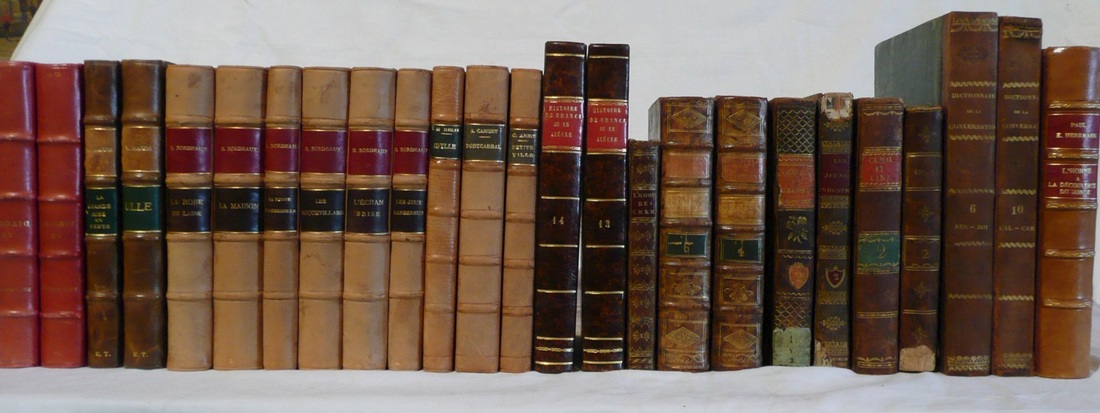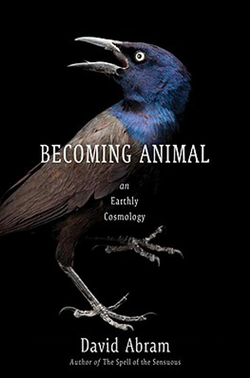Embodiment
"I wonder if it isn’t much simpler, and more elegant, to assume that consciousness is not at all a property of individual persons, or even creatures. It feels much more pragmatic, and useful, to allow that awareness is a quality of the encompassing biosphere. Sure, there is interiority to the psyche, something inward about the mind. Yet that inwardness is not because the psyche is inside us, no: rather we are inside it. The interiority of consciousness results from the fact that we are bodily situated within it, corporeally immersed in awareness with the whole of our animal organism. We are carnally embedded—along with all of the animals and the plants and even the drifting clouds—in a psyche that is not ours, but is rather the Earth’s." ...the word embodiment feels a little problematic to me, because it suggests that the psyche is first of another dimension, and then it becomes “embodied.” It seems to me that this flesh is a psyche, that the body is already psyche. That, in some sense, matter is already spirit. The word matter, when we listen with our animal ears, sounds pretty much the same as mater (or mother) yes? It’s largely the same word. Both mater and matter are related to matrix, the ancient Greek word for womb. There is a sense in which matter is the womb of all things. The more conventional notion that matter is inert until it’s animated by spirit seems a fairly flawed notion (and a vaguely sexist one, akin to the idea that “mater,” or mothers generally, are inert or inanimate). Similarly with the body and the psyche. I’m unable to think of the body as an inert or empty vessel, nor of the psyche as some insubstantial fluff that at some moment decides to enter a body and become embodied. Isn’t psyche already bodily, doesn’t psyche have sensuous qualities from the get go? Yet our language, today, doesn’t offer many clear ways to speak of these matters. ... I think one thing I might add is that if I identify deeply with this creaturely animal organism, if I take this breathing body as me—this fleshy being of two arms and two legs with this knobby nose in front of our heads—after a while I can’t help but notice that the body is not a closed thing. With every out-breath I’m sort of slipping out of myself and with each in-breath, other aspects are filtering in. I’m taking in nourishment through my mouth, eating the flesh of plants, sundry animals as well, drinking the local waters, while my senses, too, are being nourished and fed by so many aspects of the world around. Slowly I realize that it can’t just be this body that is psyche, that somehow this flesh is always in an interplay or kind of intercourse with this much larger Body that surrounds and enfolds: it’s huge; it’s vast. What I am is not just this. Rather, it’s as if this is my small self and Earth is my larger self or soul. Who I am is this interplay and exchange, back and forth, between this small body and this larger Flesh that we all share, this common Body which is perhaps not just body but also Psyche." See also: Nine Ways of Seeing a Body References: Jung Journal David Abram - Becoming Animal |
Explore |


